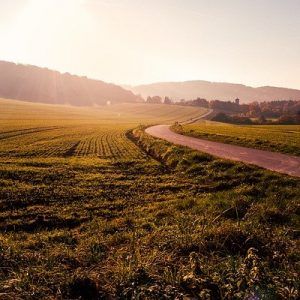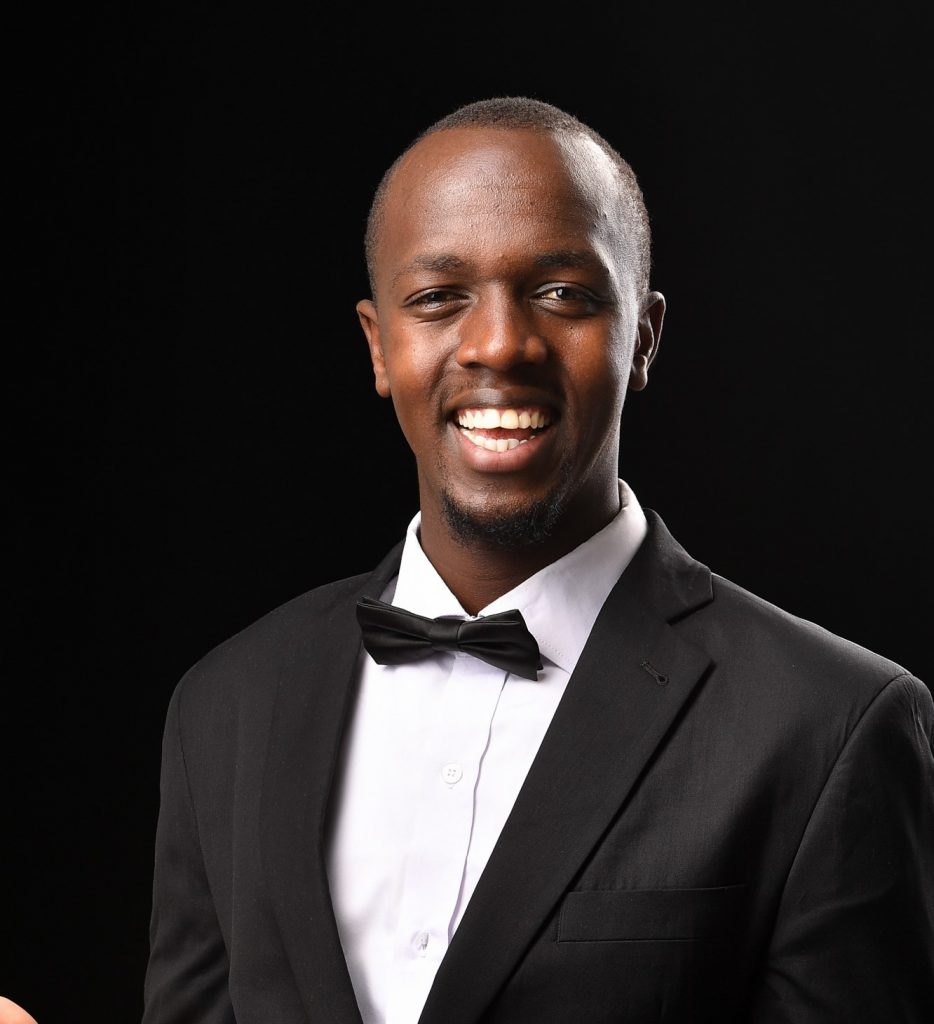How much land does a man/woman need? Take some time to think about it.
Okay, let’s bring that question closer home. How much land do you need? Here, land means that which your heart desires. What is the number that will do it for you? Even though it's a philosophical question, it still applies to everyday simple living, and it is worth cogitating on. It puts us in front of a mirror, leaves us to ourselves where we get to contend with our desires and ambitions.
Leo Tolstoy, a Russian author, wrote a short story trying to grapple with this very question. The story is titled ‘How Much Land Does a Man Need?’
The story, though published in 1886, is packed with golden life lessons that are relevant even today.
The summary of the story
A long time ago there was a farmer in Russia known as Pahom. Pahom had 123 acres of land. His cattle kept increasing and he needed more land to expand his farming. One day one of the men he did business with passed by his farm. As they talked the acquaintance mentioned that he had bought 13,000 acres of land for 1000 roubles. One rouble is equivalent to Ksh. 1.50.
Pahom could not believe it so he was shown the title deeds. Pahom thought that that was a great opportunity to expand his ventures. He set forth to the land of Bashkirs carrying gifts. When he got there he found that it was possible to purchase land that cheap. He was told that all he had to do was mark one point, walk around as much land as he wanted, marking his beacons using a shovel.
The catch was that he could walk as far as he wanted but had to return to the starting point before sunset. Failure to do this would get him nothing.
The following morning Pahom started walking, demarcating his territory to be. Although the sun was scorching, he persisted. By noon he had covered a good chunk of land. He thought it was right only to start moving in the other direction. He walked some more. The sun was hot and he had to remove his coat and shoes. At some point, he stopped to eat and drink water. Then, he continued with his quest. He was getting exhausted but he kept going.
Pahom's greed for more
Pahom got to a point where he was supposed to turn and start his return journey but he saw a damp hollow. This was a fertile piece of land. He chose to include it in his estate. He, therefore, changed direction and sought to encircle the damp hollow. As he was focused on his pursuit, he realized the sun was starting to sink. He remembered the condition was that he was to go full circle before the sunset, otherwise all would be in vain.
He started rushing back. At this time his legs were giving upon him. He was exhausted. His heart was racing. He wanted to rest but he couldn’t stop lest he lost everything. His body felt foreign to him but he had to keep going.
Just as the sun was about to set, he got back to his starting point. Upon arrival, he collapsed. When his servant checked on him, he found that Pahom was dead. A six-foot hole was dug and here, he was buried. All the land that he needed was six feet deep.
Story symbolism
Land of Bashkirs symbolizes unlimited possibilities
The Bashkirs quantified their land in terms of days. For 1000 roubles you could have as much land as you could walk in a day. Life also gives us a similar option, you have one life and you can have as much as you want as long as it fits within that one life. From your sunrise to your sunset, it is a single life, a single day, what you will have when the sun is setting is what will be yours. If you fail to make it full circle you lose everything. Always remember what making it full circle means for you.
Going full circle symbolizes life with time as a constraint
As much as Bashkir symbolizes unlimited possibilities, there are limitations. Time is limited as well as the distance a human being can walk in a single day. The ultimate goal is to make it full circle. If you fail to do so, you lose everything. Think of it this way, when you came into the earth you were pure, innocent, full of life, and love. Can you circle back to that moment? You can wander as much as you can, but if you fail to come back to a point where you love life for what it is, be at peace and transcendence, it will all be in vain.
All we need is already within ourselves
Even after gaining a massive tract of land, in the end, Pahom only needed six feet. You always have everything you need within yourself. You have the capability of making life meaningful and enjoyable all by yourself. All the material aspects are just for life’s facilitation. Material living is not the point of life. Do not seek to gain the world and lose yourself.
Takeaways
Truly, there are unlimited possibilities but your capabilities are limited
The world is a big arena in which you can manifest your desires. This makes it infinite. The potential that lies within you and the world cannot be quantified. That notwithstanding, as a human being you certainly are limited by capability and time among other things. I’m not making this point to be a killjoy; rather I am saying this just to serve as a dose of reality. Often we exist at either extreme; either you see the world with infinite potential, or a pessimist and think of the world as a place of suffering. The truth is, neither is right or wrong. At times we need our heads in the clouds and at times we find ourselves in ruts, but the optimal situation is when you are in control so that you check your expectation and rectify your pessimism.
Remember your centre always and don’t veer off too much
Always remember your centre; the reason for your existence, the purpose of life. Pahom had to keep track of where he started from lest he would get lost. Do not lose sight of where you came from. As much as you will explore, always be in a position to return to your starting point. Your centre is the peace within you. At any one point ensure you can go back and consult the inner you so that you can realign.
The thin line between greed and ambition
Pahom was ambitious. He was a hard worker and wanted to expand his estate. This is commendable. He was on track, up until the point where he saw a distracting piece of land that he thought was fertile and he chose to abandon his plan to amass more. That is the point where ambition turns to greed. When you chose to bite more than you can chew. Choosing to chase ambitions that destroy you and others around you is the hallmark of greed. It is important to know when to stop.
Time waits for no man
All you have is one lifetime under the sun. Do not be too preoccupied chasing things. After a lifetime of running in circles, on the verge of your death, you will remember the time you never spent with loved ones, the relationships you let die, the moments you never got to experience. At this time, like Pahom you try to run as fast as you can to recover it all, but you are exhausted and worn out. In the end, all you are left with are wishes, regrets, and pain.
Life is about living not the accumulation of material things
Pahom died after gaining a lot of land. He never got to enjoy it. Life is the experience. What matters, in the end, is ‘did you live?’ Did you get to experience the sunrises, the sunsets, the be beautiful views of your land, the relationships in your life? Did you live? That is all we can take with us in our ultimate six feet of land.
So then, how much land does a man/woman need?
A man does not need land. In his being, man is self-sufficient. Land is a facilitator in man’s life. The innate need of man is transcendent and cannot be found in the physical manifestation through material things like land. Rather, his need is that he is at peace with himself, the environment, and his maker.
Also read: What Is That Thing? Eunniah Mbabazi’s Cruise in Search of Purpose and Meaning





